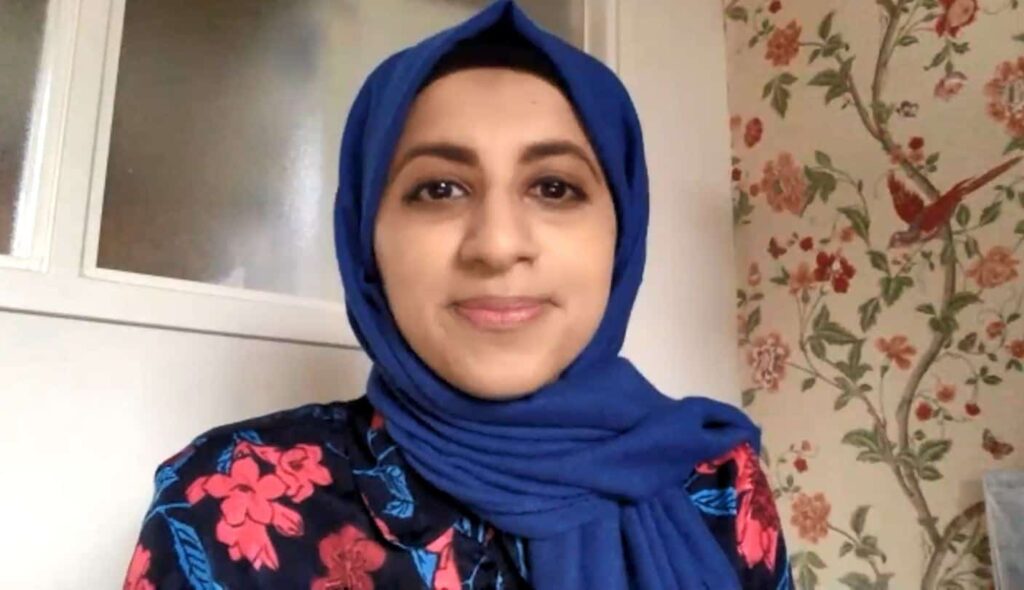On 17 January 2022, the Muslim Council of Britain (MCB) published a statement on its website urging members of the House of Lords to reject part three of the British government’s new Police, Crime, Sentencing, and Courts Bill in its entirety, describing it as “increasingly punitive” and “eroding our civil liberties.” Needing to be passed by both chambers of the British Parliament to become law, the bill was rejected and sent back to the House of Commons for further deliberation on the next day. According to the statement by MCB Secretary-General Zara Mohammed:
The new measures in this bill expand police powers and make a draconian bill even more restrictive, further eroding our civil liberties. Furthermore, these measures will exacerbate pre-existing disparities in policing and the criminal justice system. This toxic legislation must be opposed.
Read the rest here.
The BBC has described the controversial bill as “a mammoth piece of legislation which includes major government proposals on crime and justice in England and Wales,” saying that it had been defeated in the House of Lords on some of the bill’s most contentious parts, including plans to give the police new powers to stop protests if they are deemed to be too noisy and disruptive. On terrorism, the bill would have created powers to more urgently rearrest offenders in breach of their bail conditions and thought to pose a terrorism risk. The bill has been criticized by members of the opposition, who have called it “oppressive and plain nasty.”
The Muslim Council of Britain is among the most influential Muslim organizations in Britain and has historically been dominated by adherents of the Islamist Jamaat-e-Islami movement in the UK, usually acting in concert with the Global Muslim Brotherhood (GMB). In January 2017, Zara Mohammed was elected as the new MCB Secretary-General, its first female SG. From 2014–2017, Mohammed held several leading positions in the Federation of Student Islamic Societies, a national umbrella organization representing Islamic societies at universities throughout the UK and that has numerous ties to the British GMB network. In March 2021, the Global Influence Operations Report (GIOR) reported that British Conservative Ex-Defense Secretary Penny Mordaunt had been criticized by members of the British Home Office for meeting with Zara Mohammed despite an existing “non-engagement” policy with the group.
For more on the MCB and its role in the UK Muslim Brotherhood network, see a 2020 report by Damon L. Perry, Ph.D., a researcher and analyst specializing in extremism at the International Centre for the Study of Radicalisation and Political Violence (ICSR) at London’s King’s College.












